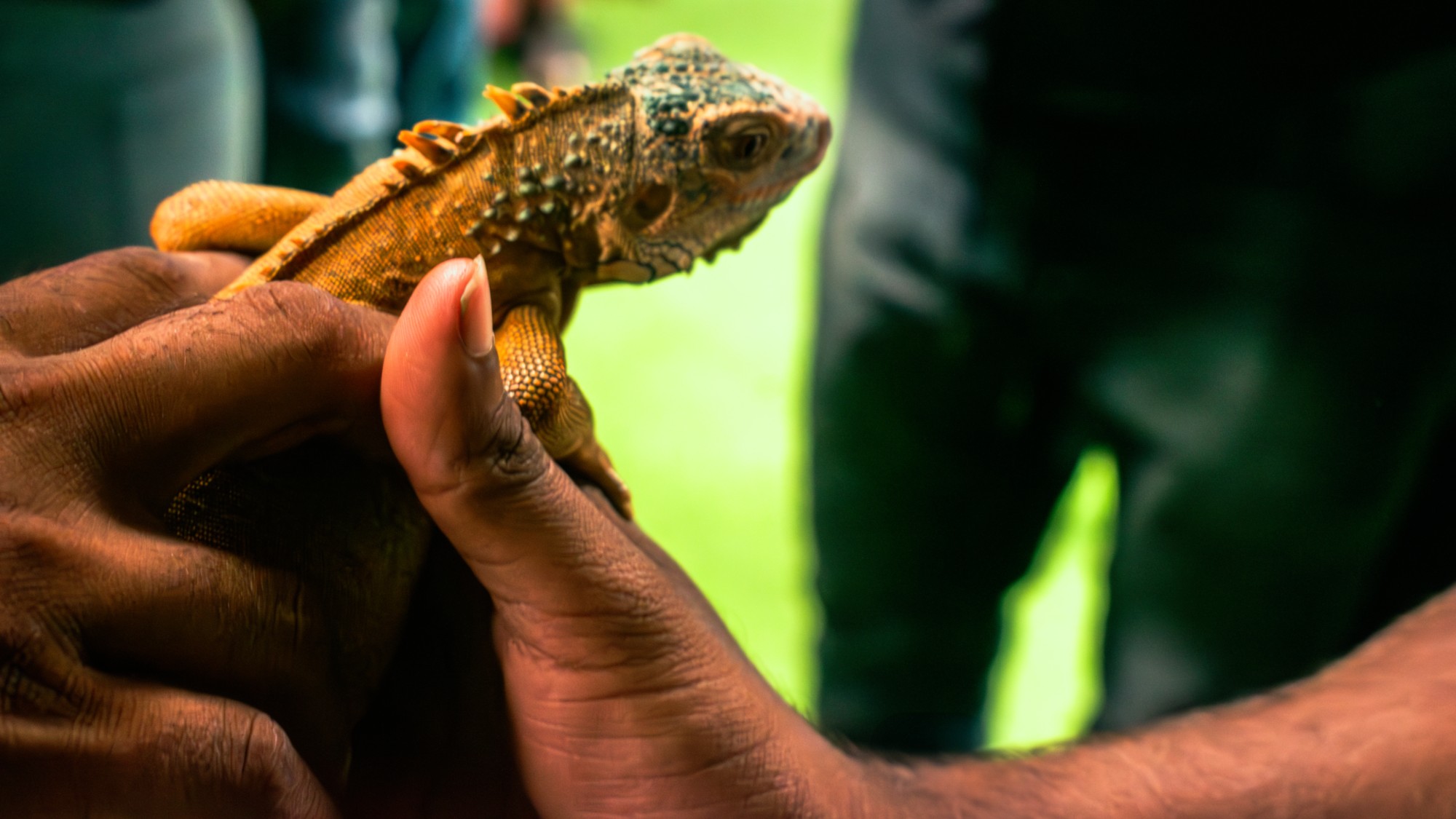Scientists map miles of wiring in mouse brain
Researchers have created the 'largest and most detailed wiring diagram of a mammalian brain to date,' said Nature


A free daily email with the biggest news stories of the day – and the best features from TheWeek.com
You are now subscribed
Your newsletter sign-up was successful
What happened
Scientists Wednesday unveiled a functional 3-D map of the 84,000 neurons in a cubic millimeter of a mouse's brain, along with more than three miles of microscopic wiring — axons and smaller dendrites — and 523 million synapses connecting them.
The massive dataset, published in the journal Nature, and color-coded rendering of how each neuron communicates, mark a big "step toward unraveling the mystery of how our brains work," The Associated Press said.
Who said what
The mouse brain map — created by a team of 150 researchers with the federally funded MICrONS project, primarily at the Allen Institute for Brain Science, Princeton and Baylor College of Medicine — seeks to discover how neurons interact to make us "think, feel, see, talk and move," the AP said. One hope is to "eventually find treatments for brain diseases" like Alzheimer's.
The Week
Escape your echo chamber. Get the facts behind the news, plus analysis from multiple perspectives.

Sign up for The Week's Free Newsletters
From our morning news briefing to a weekly Good News Newsletter, get the best of The Week delivered directly to your inbox.
From our morning news briefing to a weekly Good News Newsletter, get the best of The Week delivered directly to your inbox.
The project discovered "patterns in the wiring of the brain that had escaped notice until now," The New York Times said. Brains are extremely complex, and "finding wiring rules is a win," said Harvard biophysicist Mariela Petkova. "The brain is a lot less messy than people thought."
What next?
The MICrONS project's next goal is mapping an entire mouse brain, a task that "would take decades" with "current methods," the Times said. But given the "milestone" advances made in charting the poppyseed-sized granule, "it's totally doable," said University of Vermont neuroscientist Davi Bock, who was not involved in the study, "and I think it's worth doing."
A free daily email with the biggest news stories of the day – and the best features from TheWeek.com
Peter has worked as a news and culture writer and editor at The Week since the site's launch in 2008. He covers politics, world affairs, religion and cultural currents. His journalism career began as a copy editor at a financial newswire and has included editorial positions at The New York Times Magazine, Facts on File, and Oregon State University.
-
 6 of the world’s most accessible destinations
6 of the world’s most accessible destinationsThe Week Recommends Experience all of Berlin, Singapore and Sydney
-
 How the FCC’s ‘equal time’ rule works
How the FCC’s ‘equal time’ rule worksIn the Spotlight The law is at the heart of the Colbert-CBS conflict
-
 What is the endgame in the DHS shutdown?
What is the endgame in the DHS shutdown?Today’s Big Question Democrats want to rein in ICE’s immigration crackdown
-
 Russia’s ‘cyborg’ spy pigeons
Russia’s ‘cyborg’ spy pigeonsUnder the Radar Moscow neurotech company with Kremlin-linked funding claims to implant neural chips in birds’ brains to control their flight, and create ‘bio-drones’
-
 How roadkill is a surprising boon to scientific research
How roadkill is a surprising boon to scientific researchUnder the radar We can learn from animals without trapping and capturing them
-
 The ocean is getting more acidic — and harming sharks’ teeth
The ocean is getting more acidic — and harming sharks’ teethUnder the Radar ‘There is a corrosion effect on sharks’ teeth,’ the study’s author said
-
 Cows can use tools, scientists report
Cows can use tools, scientists reportSpeed Read The discovery builds on Jane Goodall’s research from the 1960s
-
 5 recent breakthroughs in biology
5 recent breakthroughs in biologyIn depth From ancient bacteria, to modern cures, to future research
-
 Blue Origin launches Mars probes in NASA debut
Blue Origin launches Mars probes in NASA debutSpeed Read The New Glenn rocket is carrying small twin spacecraft toward Mars as part of NASA’s Escapade mission
-
 Dinosaurs were thriving before asteroid, study finds
Dinosaurs were thriving before asteroid, study findsSpeed Read The dinosaurs would not have gone extinct if not for the asteroid
-
 Parthenogenesis: the miracle of 'virgin births' in the animal kingdom
Parthenogenesis: the miracle of 'virgin births' in the animal kingdomThe Explainer Asexual reproduction, in which females reproduce without males by cloning themselves, has been documented in multiple species
